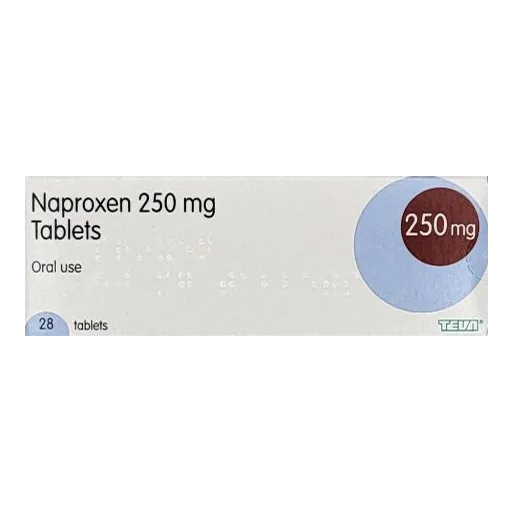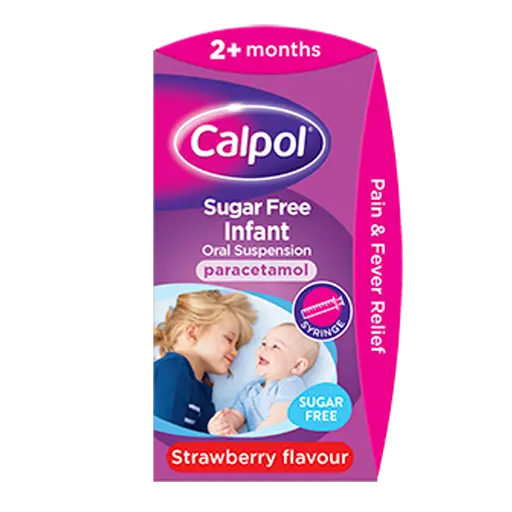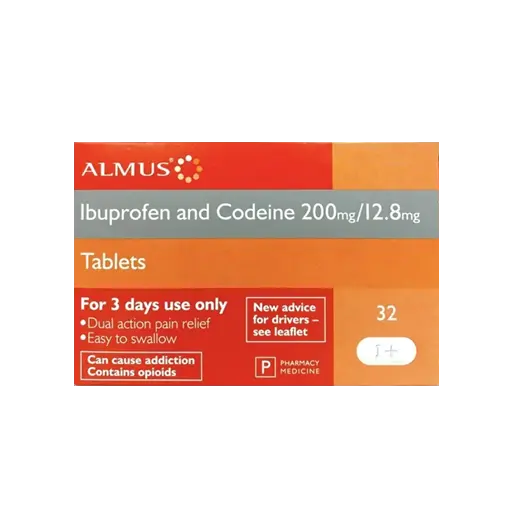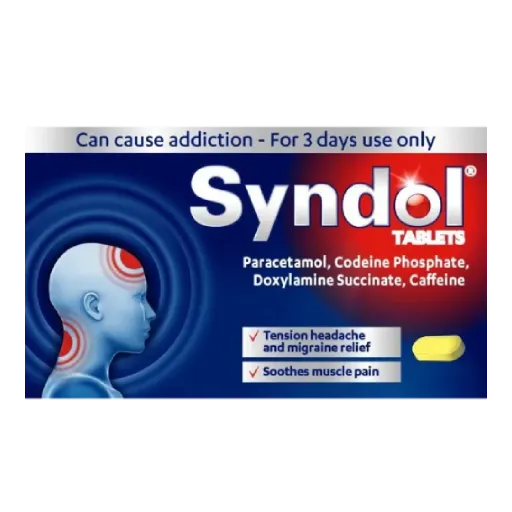
-
Long-lasting pain relief
-
Effective for arthritis & period pain
-
Highly effective
-
Next day delivery available
-
Genuine medication
-
Discreet packaging
Naproxen Tablets 250mg
What are Naproxen tablets?
Naproxen is a prescription-only non-steroidal anti-inflammatory drug (NSAID) used to relieve pain and reduce swelling. It is available as 250mg and naproxen 500mg tablets (standard and gastro-resistant forms). Other NSAIDs include ibuprofen and aspirin. Naproxen provides longer-lasting relief than ibuprofen for many musculoskeletal conditions.
It is used for short-term flare-ups and longer-term conditions when prescribed by a clinician. Always use the lowest effective dose for the shortest time.
What Naproxen is used for
Naproxen can help with:
- Rheumatoid arthritis
- Osteoarthritis
- Ankylosing spondylitis
- Tendinitis and bursitis
- Acute gout
- Period pain (dysmenorrhoea)
- Strains, sprains and sports injuries
- Dental pain and other short-term pain
How it works
Naproxen blocks the cyclo-oxygenase (COX) enzymes that make prostaglandins. Prostaglandins trigger pain, heat and swelling at injury or in joint disease. By reducing prostaglandins, naproxen lowers pain and inflammation.
Because COX-1 also protects the stomach lining, NSAIDs can irritate the stomach. Taking naproxen with food and, if advised, a proton pump inhibitor such as omeprazole or lansoprazole can help protect against ulcers.
How to buy Naproxen tablets
You can use our online prescription service to buy Naproxen tablets online in the UK. We are a regulated GPhC
registered pharmacy based in the UK. Any website that claims to sell these tablets without a prescription
is operating illegally and you could be purchasing counterfeit / fake tablets.
Upon completion of your
order, our independent prescriber will then review your online assessment. If your assessment is approved, our
pharmacy team will then receive a prescription and dispense your order, which will be dispatched the same day
using your chosen delivery method.
How to take Naproxen
Follow the directions from your prescriber. Typical adult doses:
- Arthritis (rheumatoid, osteoarthritis, ankylosing spondylitis): 500-1000 mg daily in 1-2 divided doses.
- Musculoskeletal pain/soft-tissue injury: 500 mg initially, then 250 mg every 6-8 hours if needed (max 1250 mg on day 1).
- Acute gout: 750 mg initially, then 250 mg every 8 hours until settled.
- Period pain: 500 mg at onset, then 250 mg every 6-8 hours if needed.
- Migraine (with triptan if prescribed): 500 mg as a single dose at onset.
Swallow tablets with food or milk and a glass of water. Do not lie down for 10 minutes after dosing. Gastro-resistant tablets should be swallowed whole.
Stomach protection while using naproxen
NSAIDs can irritate the stomach. Your prescriber may recommend a gastro-protection medicine, especially if you're over 65 or have ulcer risk factors.
- Omeprazole (PPI) — reduces stomach acid to lower ulcer risk.
- Lansoprazole (PPI) — an alternative PPI option.
- Rabeprazole (PPI) — an alternative PPI option.
- Famotidine (H2-blocker) — may be used if PPIs are unsuitable.
Take naproxen with food, avoid excess alcohol, and seek help urgently if you develop black stools, vomit blood, or severe stomach pain.
Naproxen and other painkillers
Do not take naproxen with other NSAIDs or COX-2 inhibitors (e.g. ibuprofen, diclofenac, etoricoxib, celecoxib), including topical high-dose gels unless advised. Combination cold/flu remedies may contain an NSAID—check labels or ask a pharmacist.
You can take naproxen with paracetamol. Short courses with codeine (e.g. co-codamol) may be used under advice.
Warnings & precautions
It is best to speak to a doctor before use if you have or have had:
- Stomach or bowel problems (ulcer, bleeding, inflammatory bowel disease)
- Kidney problems or dehydration
- High blood pressure, high cholesterol, or you smoke
- Previous heart attack or stroke
- Liver disease
- Asthma, lupus or blood-clotting disorders
- Age over 65 (higher risk of side effects)
Use the lowest effective dose for the shortest possible time. Stop and seek help if you develop black stools, vomit blood, severe stomach pain, chest pain, sudden breathlessness, weakness on one side, or severe allergic reaction.
Possible side effects of naproxen
Common side effects include indigestion, heartburn, stomach pain, nausea, headache, dizziness, and skin rash. If these do not settle, speak to a pharmacist or GP.
Serious side effects are less common but require urgent help: severe stomach pain, vomiting blood or black stools, chest pain, shortness of breath, swelling of the face or throat, yellowing of the skin/eyes, or reduced urine output.
Naproxen interactions
Tell your clinician about all medicines and supplements. Extra care is needed with:
- Anticoagulants/antiplatelets (e.g. warfarin, apixaban, clopidogrel)
- SSRIs/SNRIs (e.g. citalopram, sertraline)
- Diuretics and medicines for blood pressure or heart failure
- Methotrexate, lithium, ciclosporin
- Other non-steroidal anti-inflammatory medicines or high-dose aspirin
- Oral corticosteroids (e.g. prednisolone)
Herbal/alternative remedies can also interact—please list them in your consultation.
Pregnancy, breastfeeding & fertility
Naproxen is not usually recommended in pregnancy (especially later stages). Speak to your GP to weigh risks and benefits, and consider alternatives such as paracetamol.
While breastfeeding, naproxen is generally not preferred and ibuprofen or paracetamol may be safer options. Only use naproxen if a clinician advises and for the shortest time.
Trying to conceive? Regular NSAID use may affect ovulation. Discuss options with your clinician.
Alcohol and Naproxen
You can drink alcohol in moderation, but it can increase the risk of stomach irritation. Keep within UK guidelines and avoid drinking if you already have stomach symptoms.
Taking Naproxen long term
Long-term or high-dose use raises the risk of stomach ulcers, kidney problems and cardiovascular side effects and should only be done under the advise of a doctor. Your prescriber may co-prescribe a PPI (e.g. omeprazole or lansoprazole) and arrange monitoring such as regular blood tests.
Naproxen for headaches
Naproxen can be used for migraine as prescribed, often alongside a triptan. For general headaches, ibuprofen or paracetamol are often first-line. Speak to a pharmacist if headaches are frequent.
Naproxen and kidney health
NSAIDs like Naproxen can sometimes affect kidney function, particularly in people with pre-existing kidney problems, dehydration, or those taking diuretics. Staying well hydrated and using the lowest effective dose helps reduce this risk. If you already have kidney issues, consult your doctor about using naproxen as it may not be suitable for you and they can suggest an alternative.
Naproxen vs ibuprofen
Both are NSAIDs. Ibuprofen is shorter-acting (about 4-6 hours); naproxen lasts longer (8-12 hours). Both can irritate the stomach—always take with food and only as long as needed. Ibuprofen is preferred in children. Your choice depends on your condition, risk factors and prescriber advice.
How Naproxen compares to other anti-inflammatory medicines
Naproxen belongs to a group of medicines known as non-steroidal anti-inflammatory drugs (NSAIDs). These medicines reduce pain, inflammation and swelling by blocking the production of prostaglandins which are chemicals in the body that cause pain and heat at injury sites.
Compared with other NSAIDs like ibuprofen and diclofenac, naproxen often provides longer-lasting relief, usually lasting between 8 and 12 hours. It is also less likely to raise blood pressure compared to diclofenac, though all NSAIDs can irritate the stomach and affect kidney function if used for long periods or at high doses.
It is a good choice for people who need ongoing pain and stiffness control for example, in arthritis, ankylosing spondyliti or other inflammatory joint conditions.
Naproxen alternatives
Depending on your symptoms, alternatives include:
- Paracetamol tablets (can be combined with naproxen)
- Ibuprofen tablets or ibuprofen gel
- Solpadeine Max (short courses under advice)
- Rest, ice/heat, gentle movement and physiotherapy where appropriate
More Naproxen information
For full prescribing details, see the Electronic Medicines Compendium Summary of Product Characteristics (SmPC) and Patient Information Leaflet. For general pain relief advice, visit the NHS page on naproxen.
Frequently Asked Questions
-
How quickly does naproxen work and how long does it last?
Pain relief usually starts within 1 hour. Effects typically last 8-12 hours, which is why some people only need twice-daily dosing.
-
Can I take naproxen with other painkillers?
Yes, you can combine naproxen with paracetamol. Do not take it with other NSAIDs (e.g. ibuprofen, aspirin, diclofenac) unless a clinician advises.
-
Is naproxen safe if I have kidney problems?
NSAIDs can reduce kidney function, especially if you are dehydrated or have existing kidney disease. If you have kidney problems or take diuretics/ACE inhibitors/ARBs, speak to a clinician before using naproxen.
-
Do naproxen tablets expire and how should I store them?
Yes. Check the expiry date (end of month). Store below 25°C in a dry place, away from direct sunlight and out of children's reach. Return expired or unwanted medicines to a pharmacy for safe disposal.
-
Is naproxen a steroid?
No. Naproxen is a non-steroidal anti-inflammatory drug (NSAID), not a steroid. It reduces inflammation differently from steroid medicines.



